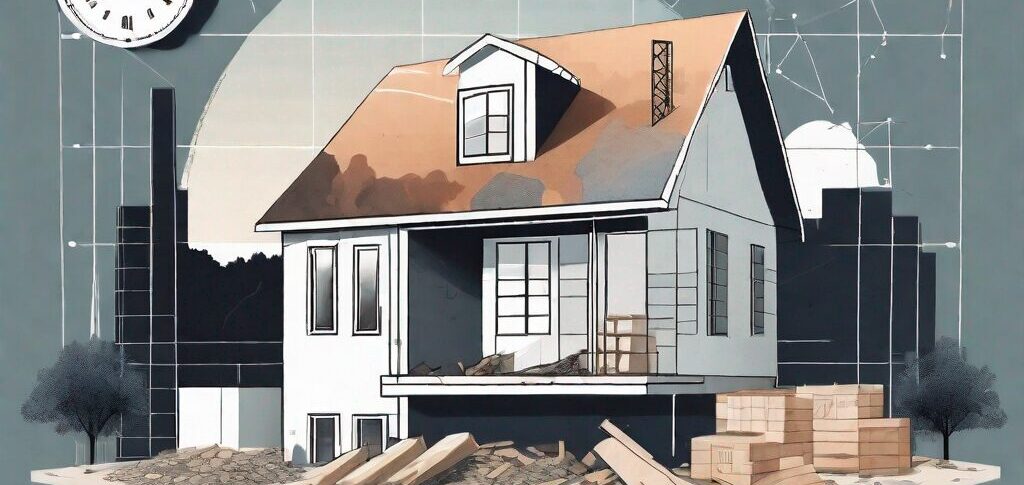When buying or selling property, most people focus on the big numbers: the sale price and the down payment. But beneath the surface lies a range of hidden costs that can significantly impact your budget. These often-overlooked expenses can surprise even seasoned buyers and sellers, so it’s crucial to understand and plan for them.
This guide breaks down the hidden costs in real estate transactions, helping you navigate the process with confidence.
1. Closing Costs
Closing costs are one of the most significant hidden expenses. They typically range from 2% to 5% of the property’s purchase price and cover various fees, such as:
- Loan Origination Fee: Charged by lenders for processing the loan.
- Title Insurance: Protects you from disputes over property ownership.
- Escrow Fees: Covers the cost of the third party managing the transaction.
- Recording Fees: Paid to local governments for recording the property deed.
Example: For a $300,000 home, closing costs could total $6,000–$15,000.
2. Home Inspections and Appraisals
Home Inspection
Before finalizing a purchase, a home inspection ensures the property is free of major issues. However, this service comes at a price, usually ranging between $300 and $500.
Appraisal
Lenders often require an appraisal to confirm the home’s value matches the loan amount. This can cost $400 to $600.
3. HOA Fees and Transfer Costs
If the property is in a community managed by a homeowners association (HOA), additional expenses may include:
- HOA Dues: Monthly fees for community maintenance, which can range from $200 to $1,000 or more.
- HOA Transfer Fee: Charged when ownership changes hands, typically around $200 to $500.
4. Repairs and Maintenance
Even after a thorough inspection, unexpected repairs can arise once you move in. Common costs include:
- Plumbing and Electrical Repairs: Average costs range from $150 to $500 per issue.
- Roof Repairs: Can cost thousands, depending on severity.
- Appliance Replacement: If included appliances fail shortly after purchase, expect to spend $500 to $2,000 or more.
5. Property Taxes and Adjustments
Buyers may need to reimburse the seller for prepaid property taxes. This cost is often prorated based on the time of year and can be a significant outlay depending on local tax rates.
Example: In areas with high property taxes, you might owe several thousand dollars at closing.
6. Moving Expenses
Moving costs are often overlooked but can add up quickly:
- Local Moves: Average $1,000 to $2,000 for a short-distance move.
- Long-Distance Moves: Costs can exceed $5,000, especially for interstate moves.
Don’t forget expenses like packing supplies, storage, or temporary housing if there’s a gap between closing and moving.
7. Mortgage-Related Costs
Beyond your down payment and loan principal, mortgage-related expenses include:
- Private Mortgage Insurance (PMI): Required if your down payment is less than 20%. PMI can cost 0.5% to 1% of the loan amount annually.
- Rate Lock Fee: Charged by some lenders to lock in your interest rate, often ranging from $100 to $1,000.
- Prepaid Interest: Covers the interest accrued from closing until the first mortgage payment.
8. Utilities and Services Setup
Transitioning utilities into your name often involves deposits and setup fees:
- Utility Deposits: $100–$300 per service.
- Cable/Internet Installation: Can cost $50 to $200, depending on the provider.
9. Legal Fees
In some states, an attorney is required to handle real estate transactions. Legal fees typically range from $500 to $2,000, depending on the complexity of the deal.
10. Real Estate Agent Fees (for Sellers)
Sellers usually pay the real estate agent commission, which is 5% to 6% of the sale price. On a $400,000 home, this equates to $20,000 to $24,000, split between the buyer’s and seller’s agents.
11. Capital Gains Tax (for Sellers)
If you sell a property for more than you paid, you may owe capital gains tax on the profit. However, primary residences often qualify for exclusions:
- Single Filers: Exclude up to $250,000 of gains.
- Married Couples: Exclude up to $500,000 of gains.
Important Note: Investment properties are not eligible for these exclusions.
FAQs
Q1: How can I estimate closing costs?
Closing costs typically range from 2% to 5% of the home’s purchase price. You can request an estimate from your lender or use online calculators for guidance.
Q2: Are home inspections necessary?
Yes, a home inspection is essential to identify any structural or mechanical issues before finalizing the purchase.
Q3: What is title insurance, and why do I need it?
Title insurance protects you from legal disputes over property ownership. It’s usually a one-time fee paid at closing.
Q4: How can I avoid paying PMI?
To avoid PMI, aim for a down payment of 20% or more. Alternatively, consider lender-paid PMI options.
Q5: Are HOA fees negotiable?
No, HOA fees are set by the homeowners association and are non-negotiable. However, understanding them upfront helps you budget accordingly.
Conclusion
Real estate transactions involve more than just the sticker price. By understanding and preparing for these hidden costs, buyers and sellers can avoid unexpected surprises and better manage their budgets. From closing costs to ongoing maintenance, being informed ensures a smoother, more financially sound real estate experience.
Pro Tip: Always ask for a detailed cost breakdown from your real estate agent or lender to understand all fees involved.


